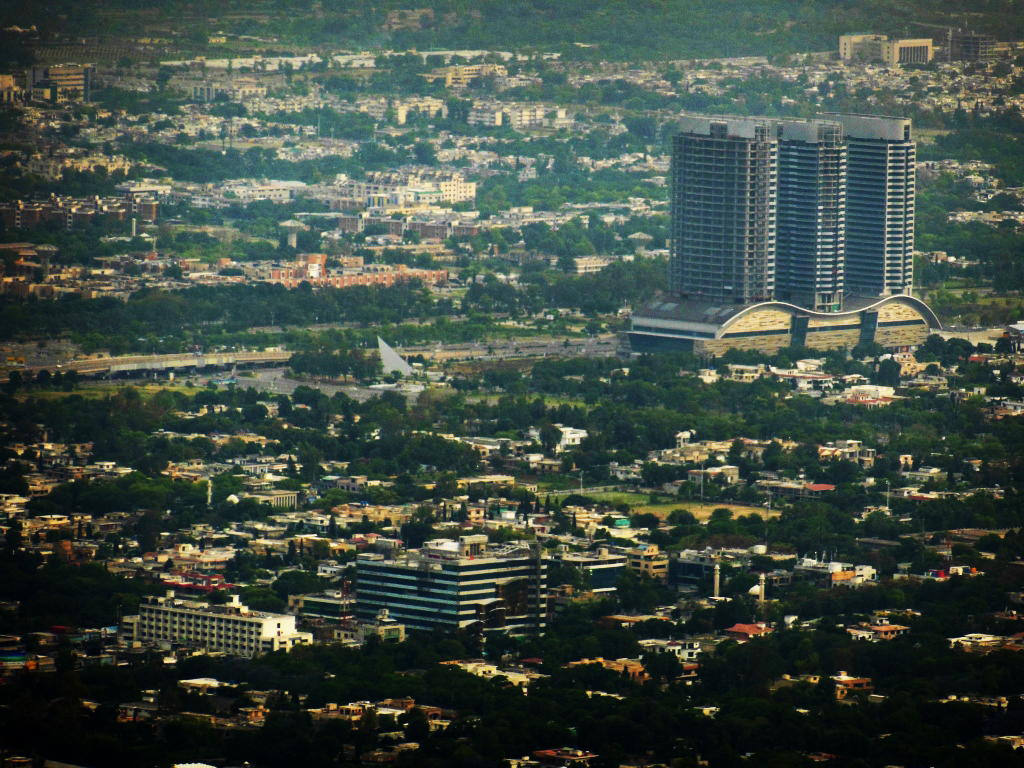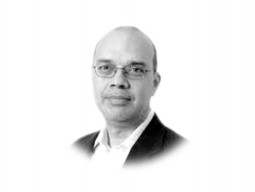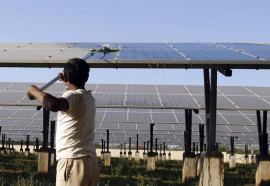
In the latest report Pakistan has been recognised as one of the top ten economies globally making the biggest improvements in their business regulations. It is also important to note that the Islamic republic is the only South Asian economy to make it to the list this year.
The country has jumped four ranks from its position last year from 148th to 144th out of 190 countries under the revised methodology introduced this year. The ranking is based on responses received from two cities – Lahore and Karachi.
Pakistan witnessed a remarkable improvement mainly in three areas: Registering Property, Getting Credit and Trade Across Borders. The Doing Business report reads:
Registering property
Pakistan improved the quality of land administration by digitizing ownership and land records. This reform applies to Lahore.
Getting credit
Pakistan improved access to credit information guaranteeing by law borrowers’ rights to inspect their own data. The credit bureau also expanded its borrower coverage. This reform applies to both Lahore and Karachi.
Trading across borders
Pakistan made exporting and importing easier by enhancing its electronic customs platform. This reform applies to both Lahore and Karachi.
In the global village, the concept of competitiveness has gained unprecedented importance and international investors and lenders are taking their decisions by relying on rankings of the World Economic Forum (WEF) and the World Bank.
This has forced scores of countries, particularly the developing nations, to float liberal policies and open their economies to the rest of the world for improving their rankings.
Pakistan has world’s weakest higher education system, say QS rankings
In many ways, the liberalisation has supported the developing countries but there are also cases of extreme deregulation that has started hurting them. The global lenders push for extensive deregulation by exploiting the economic rankings of these countries. They are tying loans with deregulation.
The World Bank’s Ease of Doing Business Report and the WEF’s Global Competitiveness Index (GCI) are the main sources of assessing the competitiveness of economies.
The World Bank report is based on its Enterprise Survey while the GCI is based on the Executive Opinion Survey. At times, the findings appear unrealistic, which is also because of lack of proactive approach by state institutions.
Pakistani universities fail to make mark in Asia’s best university ranking
The GCI’s survey is relatively more representative as it captures the perception of people in about half a dozen cities. The surveyors select companies from each of the three main sectors of the economy depending on their share in the overall economy. Yet these findings are subjective.
How rankings are set
The World Bank’s report focuses on the “underlying and embedded characteristics such as the regulatory system, the efficacy of bureaucracy and the nature of business governance.”
It gathers information from 10 areas of business regulation including starting a business, dealing with construction permits, getting electricity, registering property, getting credit, protecting minority investors, paying taxes, trading across borders, enforcing contracts and resolving insolvency to develop the ease of doing business ranking.
The information on these factors, which make up the EODB variable, is assessed and in turn used to rank country performance by way of business friendliness.











































COMMENTS (2)
Comments are moderated and generally will be posted if they are on-topic and not abusive.
For more information, please see our Comments FAQ